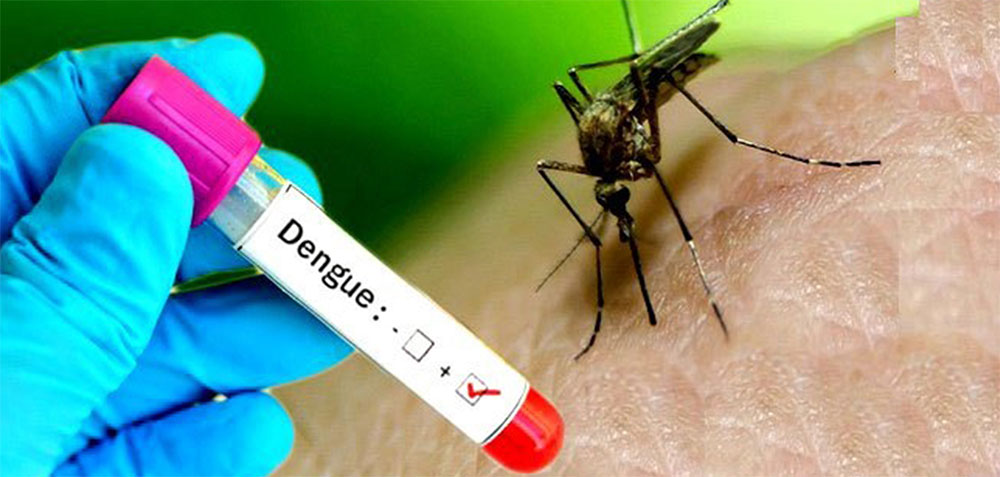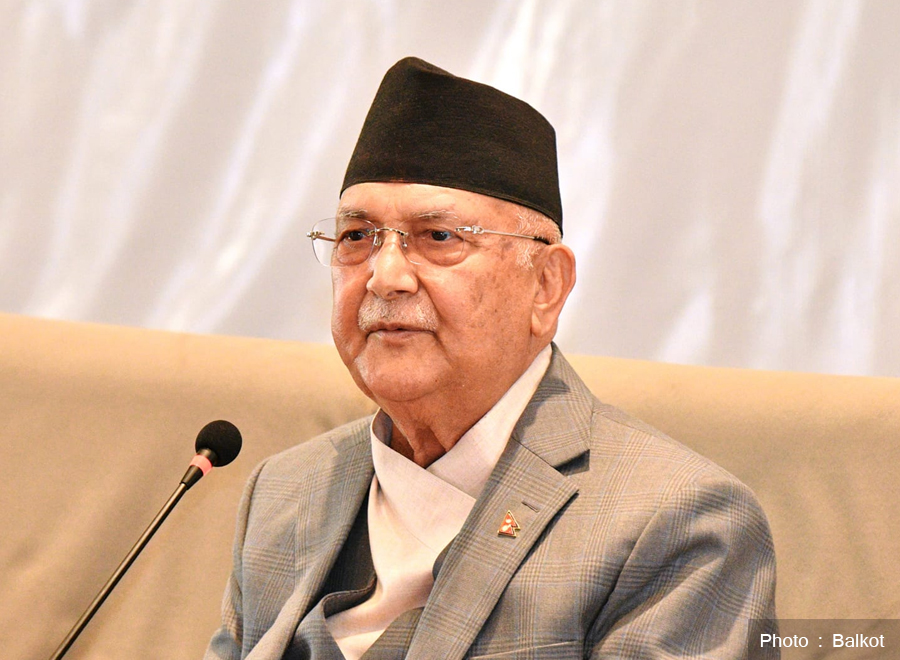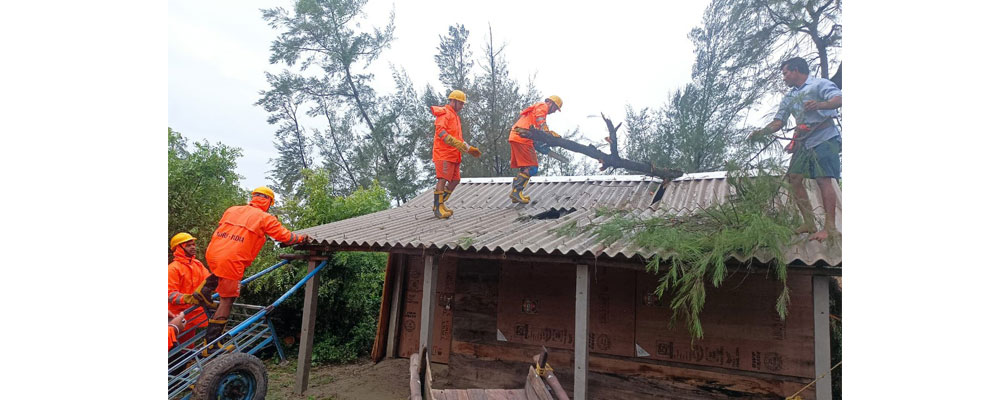South Asia Faces Alarming Surge in Dengue Cases: Bangladesh, Nepal, India, and Other Nations Affected

Kathmandu — South Asia is grappling with an unprecedented surge in dengue fever cases, with Bangladesh, Nepal, India, and several other countries in the region reporting record numbers of infections. The situation has prompted concerns from health authorities and the World Health Organization (WHO) about the growing pandemic threat posed by this mosquito-borne disease.
Bangladesh Struggles with Rising Dengue Deaths and Infections
In Bangladesh, the Directorate General of Health Services (DGHS) reported that the country has experienced 352 dengue-related fatalities so far this year. On Wednesday, 12 new deaths were reported, slightly down from the previous day’s count of 13. The month of August alone has seen 101 deaths, following 204 deaths in July and 34 deaths in June. Over the past 24 hours, Bangladesh recorded 2,844 new infections, a significant increase from the previous day’s count of 2,742. The total number of dengue cases continues to rise alarmingly, with 43,854 cases reported last month, and a staggering 23,237 cases in the first nine days of August.
Nepal’s Struggle with Dengue Cases
Nepal is also witnessing a surge in dengue cases, particularly across 74 districts in the country. According to the Epidemiology and Disease Control Division, Nepal has reported 10,726 cases as of August 9, with seven fatalities attributed to the disease. The rise in dengue cases has been attributed to monsoon rains and inadequate sanitation practices. Experts warn that if the current trend continues, the peak of infections is expected during August and September. Sunsari district in Nepal has reported the highest number of cases, with 6,041 cases confirmed.
India, Maldives, Pakistan, and Afghanistan Affected
India has reported over 35,000 cases of dengue fever and 50 fatalities, adding to the growing concern across the region. The Maldives, Pakistan, and Afghanistan have also recorded significant numbers of dengue cases, emphasizing the widespread nature of the outbreak.
Global Impact and WHO’s Warning
The World Health Organization (WHO) has issued a dire warning about the escalating dengue crisis. Cases of dengue fever have been on the rise globally, with a notable increase since 2000, reaching a staggering 4.2 million cases in 2022. The impact of global warming has been cited as a contributing factor, providing a conducive environment for the mosquitoes that transmit the disease. The situation is particularly critical in countries experiencing the Asian monsoon season.
The rapid spread of dengue has prompted the WHO to classify it as the world’s fastest-spreading tropical disease, representing a pandemic threat. Approximately half of the world’s population is now at risk of dengue, further emphasizing the urgency of coordinated efforts to combat the disease.
Governments in the affected countries have issued public health advisories, urging citizens to use mosquito nets, wear protective clothing, and adopt preventive measures such as using mosquito repellants and eliminating breeding sites for mosquitoes. The situation remains dynamic, with health authorities closely monitoring the progress of the disease and taking measures to control its spread.


















Facebook Comments